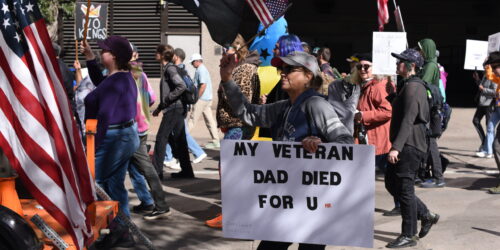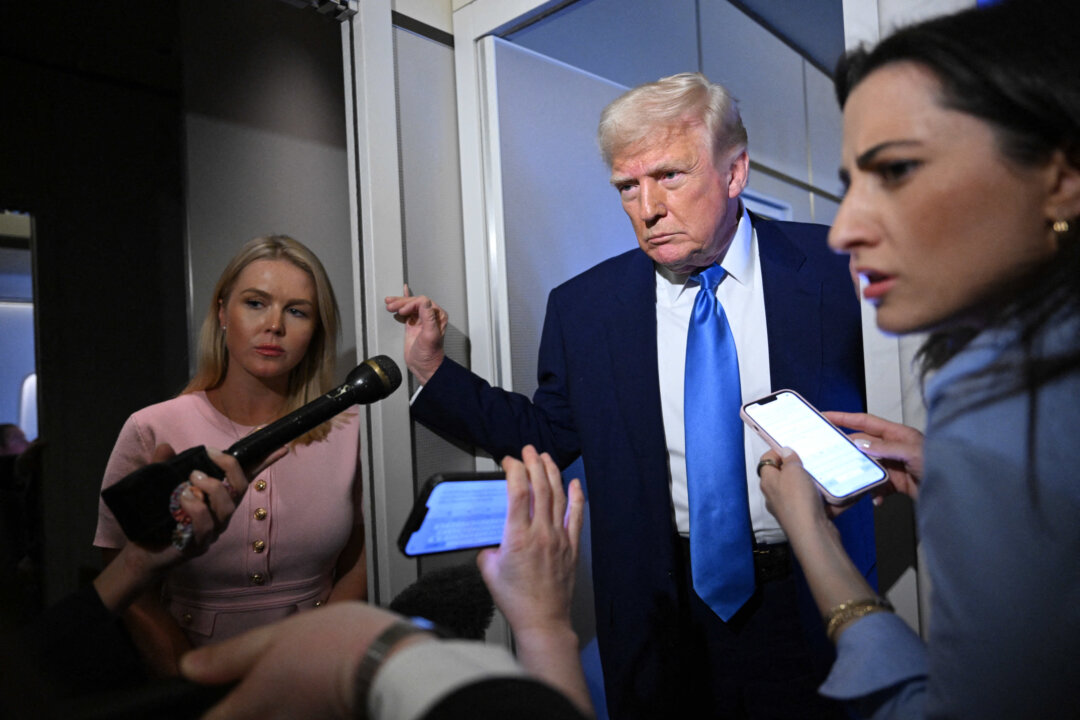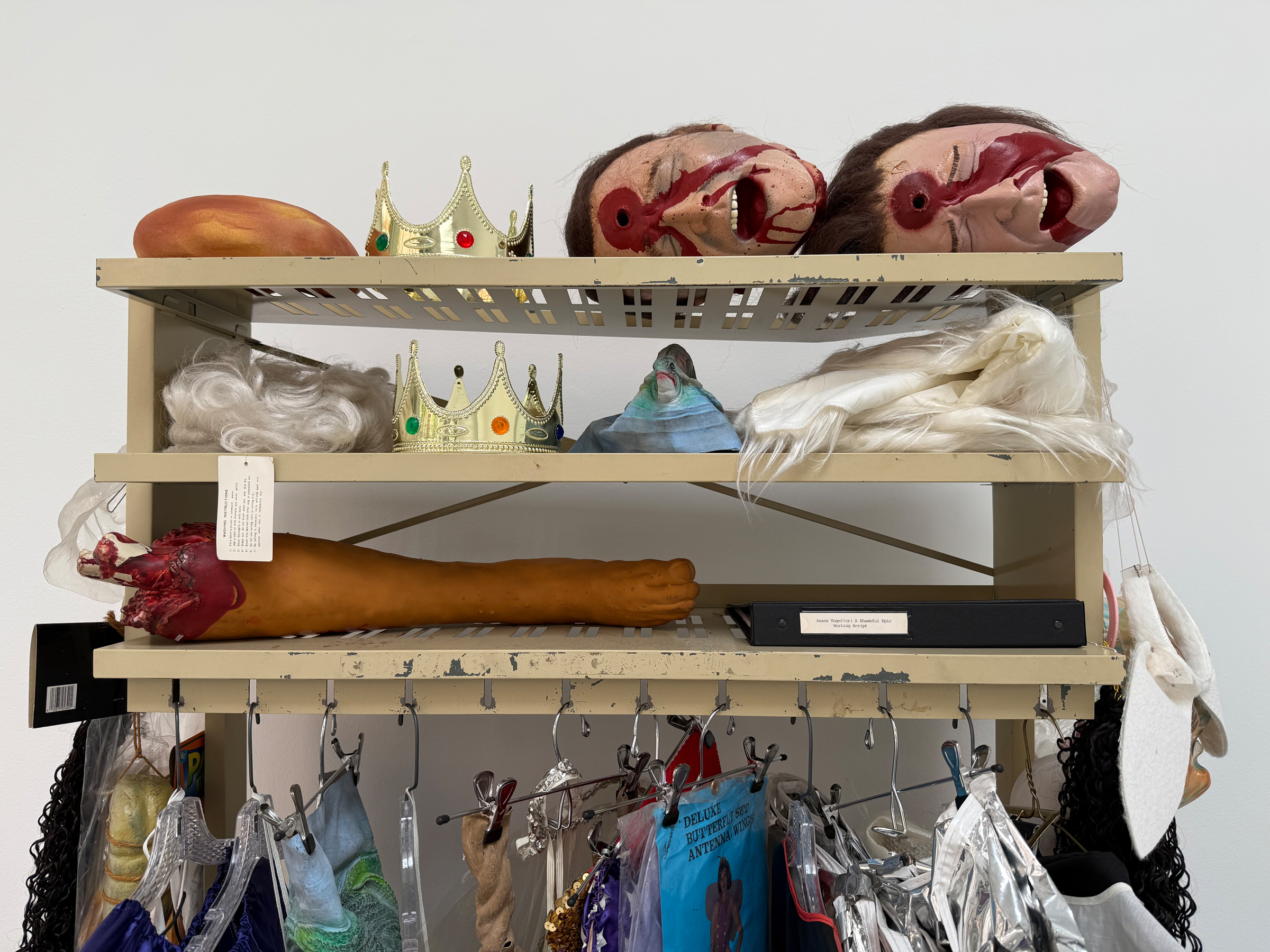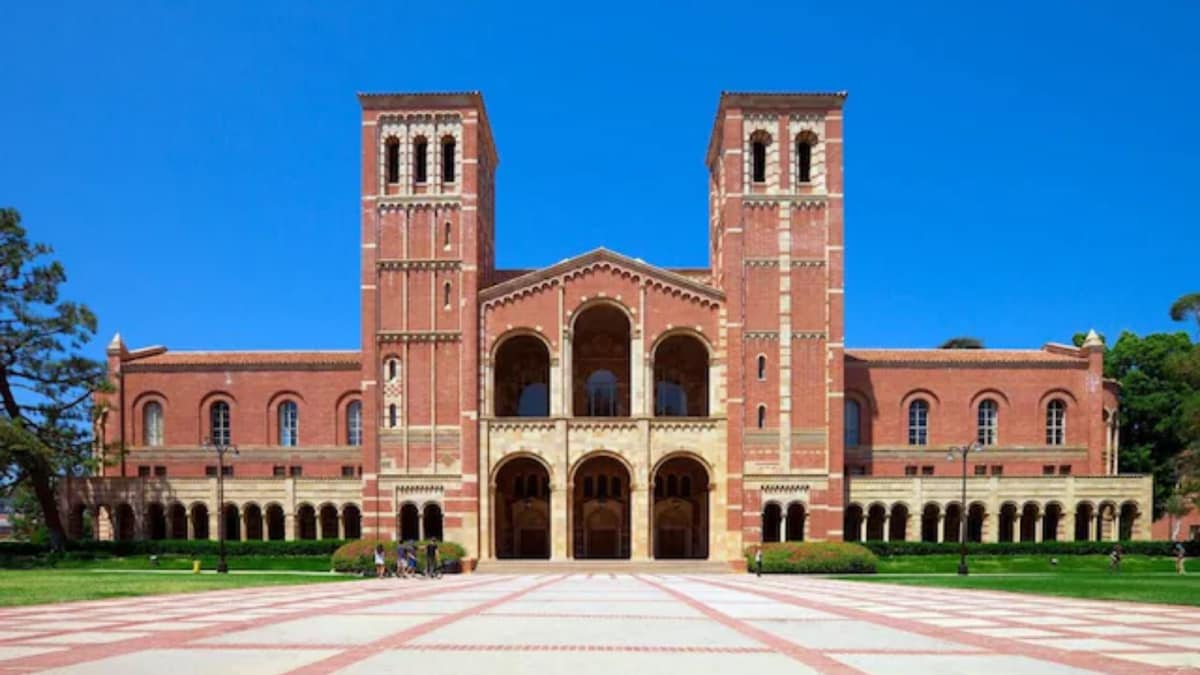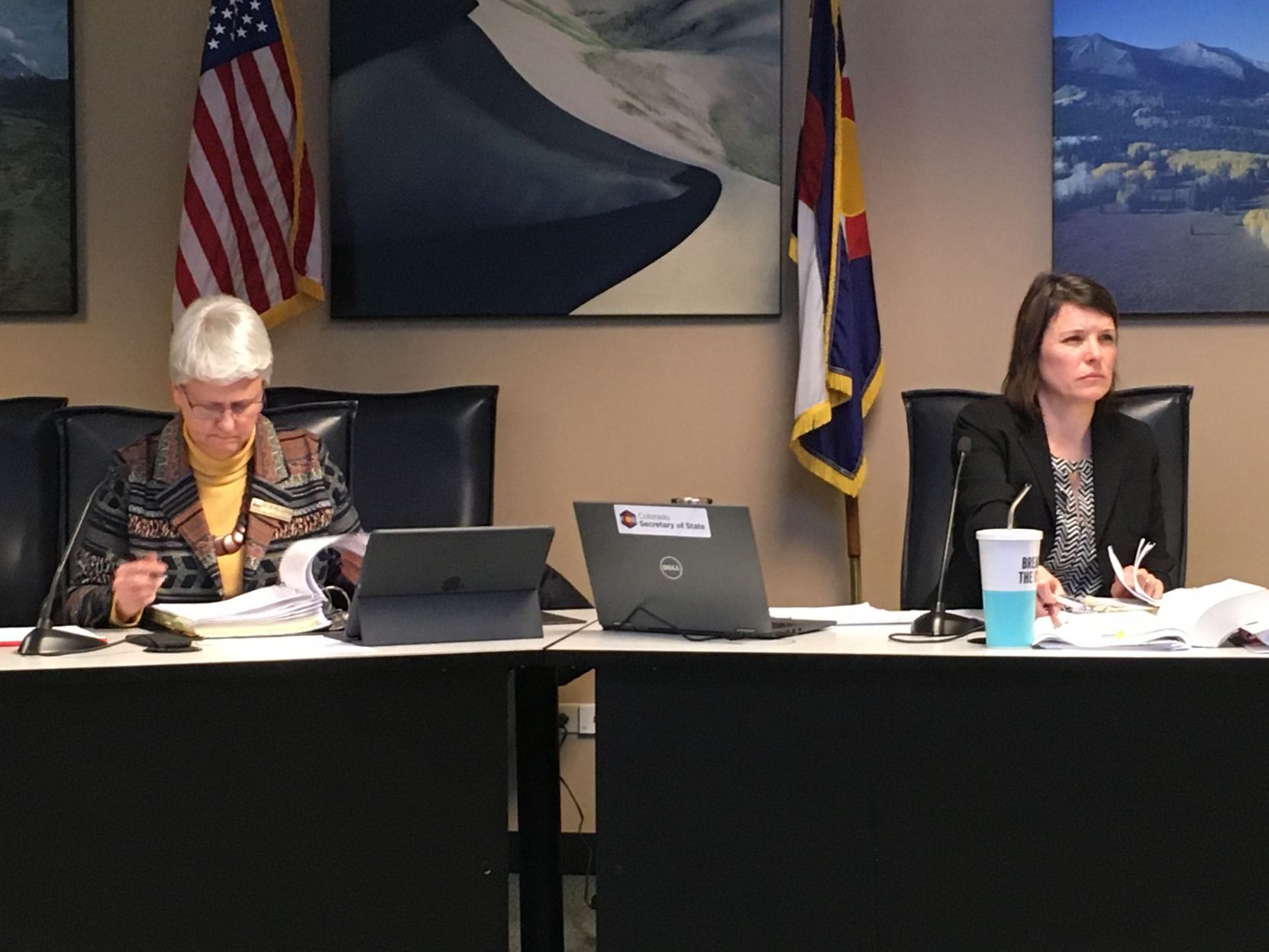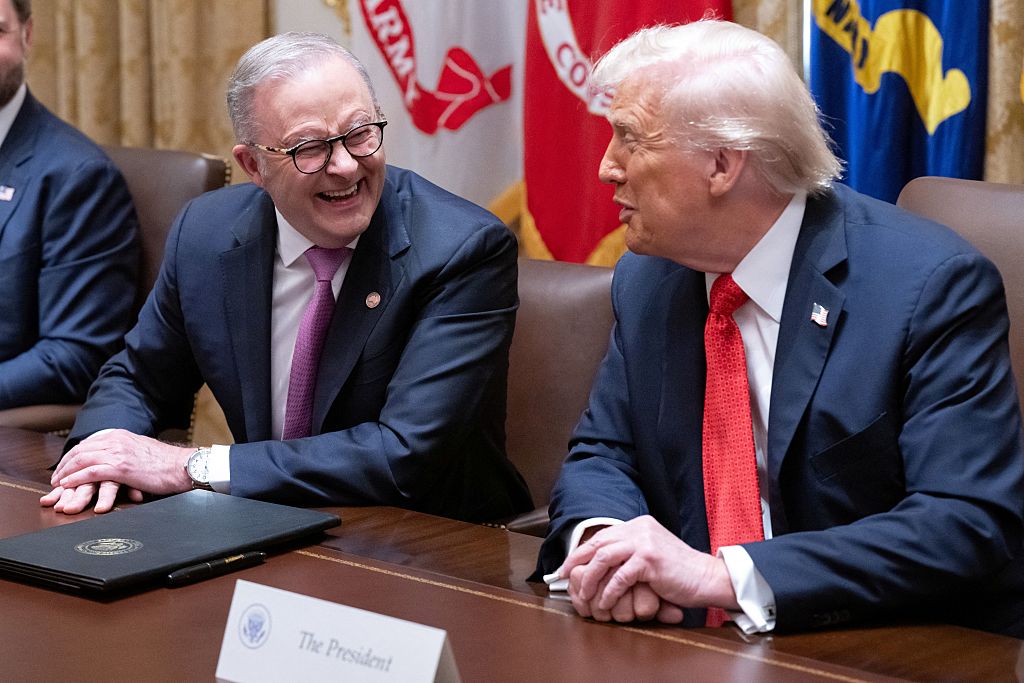Saudi Arabia ends Kafala system: What it was, why it was dubbed ‘modern slavery,’ and how it will benefit millions of foreign workers? Explained
Saudi Arabia has finally ended its much-criticised “Kafala” sponsorship system. The decision, announced in June 2025, brings to a close a 50-year-old system that left foreign workers with complete control in the hands of employers. This is a big thing for the about 13 million migrant labourers in the kingdom, who are from countries such as India, Bangladesh, Nepal, and the Philippines. Their lives were shaped by this one system for decades. Now, as part of a grand modernisation initiative called Vision 2030, they are promised greater freedom and dignity. What was the Kafala system “Kafala” is the Arabic word that means “sponsorship.” The system was established in the 1950s when oil-rich Gulf countries needed a lot of low-cost labour to construct their cities and oil industries. This is how it functioned: each and every foreign worker was required to be legally bound to a local sponsor, called “Kafeel.” This Kafeel was not just a boss; they determined the legal status of the worker. The Kafeel had complete authority over the workers’ immigration status, their work visa, residency card, and even the right to be in the country. While it was supposed to manage foreign labour, it actually created a huge power imbalance. Workers were completely dependent on their sponsor’s (Kafeel’s) goodwill, so having a good boss was pure luck, while a bad one could make life hell. Why did people call it ‘Modern-Day Slavery’ The Kafala system came under intense criticism for decades by human rights groups and the International Labour Organisation (ILO). They blamed it for facilitating forced labour and human trafficking by comparing it to “modern-day slavery” because the system took away worker’s most fundamental rights. In the Kafala system, the foreign workers were completely trapped. Even if their boss treated them poorly, underpaid them, or forced them to work 18-hour days, they couldn’t just quit and find another job. They had to get their Kafeel’s (sponsor’s) permission to change employers. If any worker left without this permission, they were considered an “illegal resident” and could be arrested. Workers couldn’t even leave the country, not even for a family emergency at home. They needed their employer to approve and get them an “exit visa,” but bosses would often refuse, essentially holding their employees hostage. To make the workers prisoners, it was a common practice for employers to take away the workers’ passports. With no ID and no way to travel, they were trapped. And if workers weren’t paid their wages or were abused, they had almost no way to get help. They couldn’t report it to the authorities without their sponsor’s approval. Most were too afraid to speak up, fearing their own boss would have them jailed or deported. Why Saudi Arabia made this significant change now This massive reform is occurring for two primary reasons. First, it’s a central element of Crown Prince Mohammed bin Salman’s Vision 2030. That’s a huge plan to transform Saudi Arabia, get its economy of oil so that it doesn’t rely on it, and show the world a more modern face. A slave labour system appears very bad to international investors and talented professionals, but the kingdom is eager to recruit. Second, there has been increasing global pressure. Human rights organisations, foreign governments, and international organisations have called for the abolition of Kafala for years. Other Gulf states, such as Qatar, also amended their labour laws similarly after being subjected to severe criticism before hosting the 2022 FIFA World Cup. How will this change life for millions of workers The end of Kafala is Saudi Arabia transitioning to a regular, contract-based system of work, as in most other nations. It is aimed at providing employees with independence and autonomy over their own lives. Employees will be allowed to switch employment without prior permission from the current employer. Workers will be free to leave the country whenever they want just by booking a ticket, with no one’s permission needed. It will also be easier for them to get legal help. This means they can report abuse and seek justice more safely. Human rights groups say this is a big step in the right direction, but they also warn that this is just the beginning. The real test will be making sure these new rules are actually put into practice. Everyone needs to see if all employers will follow them, especially to protect the most vulnerable workers, like domestic helpers.



This is a big thing for the about 13 million migrant labourers in the kingdom, who are from countries such as India, Bangladesh, Nepal, and the Philippines. Their lives were shaped by this one system for decades. Now, as part of a grand modernisation initiative called Vision 2030, they are promised greater freedom and dignity.
What was the Kafala system
“Kafala” is the Arabic word that means “sponsorship.” The system was established in the 1950s when oil-rich Gulf countries needed a lot of low-cost labour to construct their cities and oil industries.
This is how it functioned: each and every foreign worker was required to be legally bound to a local sponsor, called “Kafeel.” This Kafeel was not just a boss; they determined the legal status of the worker. The Kafeel had complete authority over the workers’ immigration status, their work visa, residency card, and even the right to be in the country.
While it was supposed to manage foreign labour, it actually created a huge power imbalance. Workers were completely dependent on their sponsor’s (Kafeel’s) goodwill, so having a good boss was pure luck, while a bad one could make life hell.
Why did people call it ‘Modern-Day Slavery’
The Kafala system came under intense criticism for decades by human rights groups and the International Labour Organisation (ILO). They blamed it for facilitating forced labour and human trafficking by comparing it to “modern-day slavery” because the system took away worker’s most fundamental rights.
In the Kafala system, the foreign workers were completely trapped. Even if their boss treated them poorly, underpaid them, or forced them to work 18-hour days, they couldn’t just quit and find another job. They had to get their Kafeel’s (sponsor’s) permission to change employers. If any worker left without this permission, they were considered an “illegal resident” and could be arrested.
Workers couldn’t even leave the country, not even for a family emergency at home. They needed their employer to approve and get them an “exit visa,” but bosses would often refuse, essentially holding their employees hostage. To make the workers prisoners, it was a common practice for employers to take away the workers’ passports. With no ID and no way to travel, they were trapped.
And if workers weren’t paid their wages or were abused, they had almost no way to get help. They couldn’t report it to the authorities without their sponsor’s approval. Most were too afraid to speak up, fearing their own boss would have them jailed or deported.
Why Saudi Arabia made this significant change now
This massive reform is occurring for two primary reasons. First, it’s a central element of Crown Prince Mohammed bin Salman’s Vision 2030. That’s a huge plan to transform Saudi Arabia, get its economy of oil so that it doesn’t rely on it, and show the world a more modern face. A slave labour system appears very bad to international investors and talented professionals, but the kingdom is eager to recruit.
Second, there has been increasing global pressure. Human rights organisations, foreign governments, and international organisations have called for the abolition of Kafala for years. Other Gulf states, such as Qatar, also amended their labour laws similarly after being subjected to severe criticism before hosting the 2022 FIFA World Cup.
How will this change life for millions of workers
The end of Kafala is Saudi Arabia transitioning to a regular, contract-based system of work, as in most other nations. It is aimed at providing employees with independence and autonomy over their own lives. Employees will be allowed to switch employment without prior permission from the current employer.
Workers will be free to leave the country whenever they want just by booking a ticket, with no one’s permission needed. It will also be easier for them to get legal help. This means they can report abuse and seek justice more safely.
Human rights groups say this is a big step in the right direction, but they also warn that this is just the beginning. The real test will be making sure these new rules are actually put into practice. Everyone needs to see if all employers will follow them, especially to protect the most vulnerable workers, like domestic helpers.






